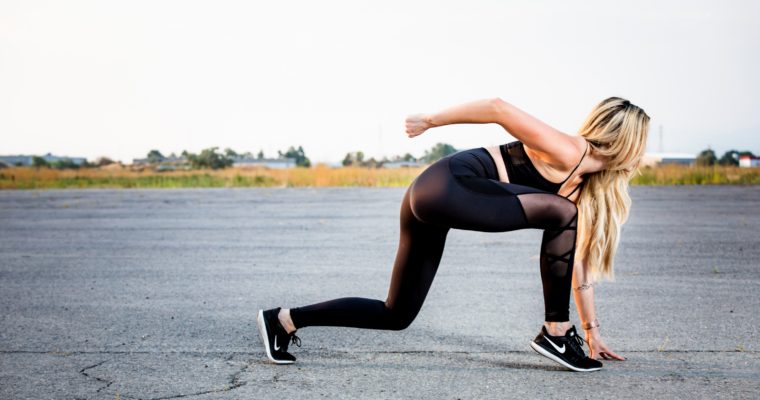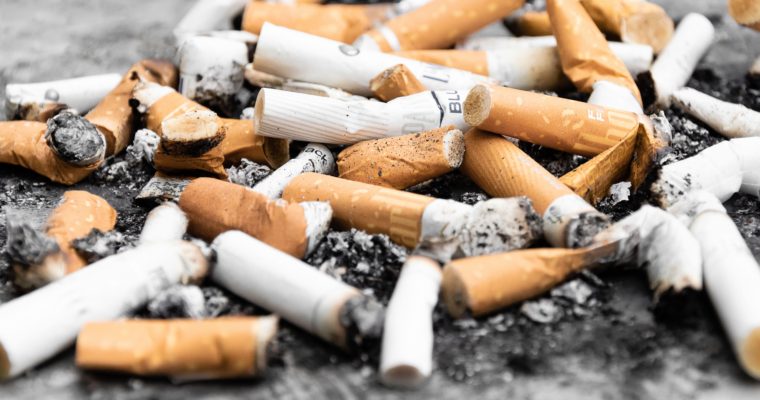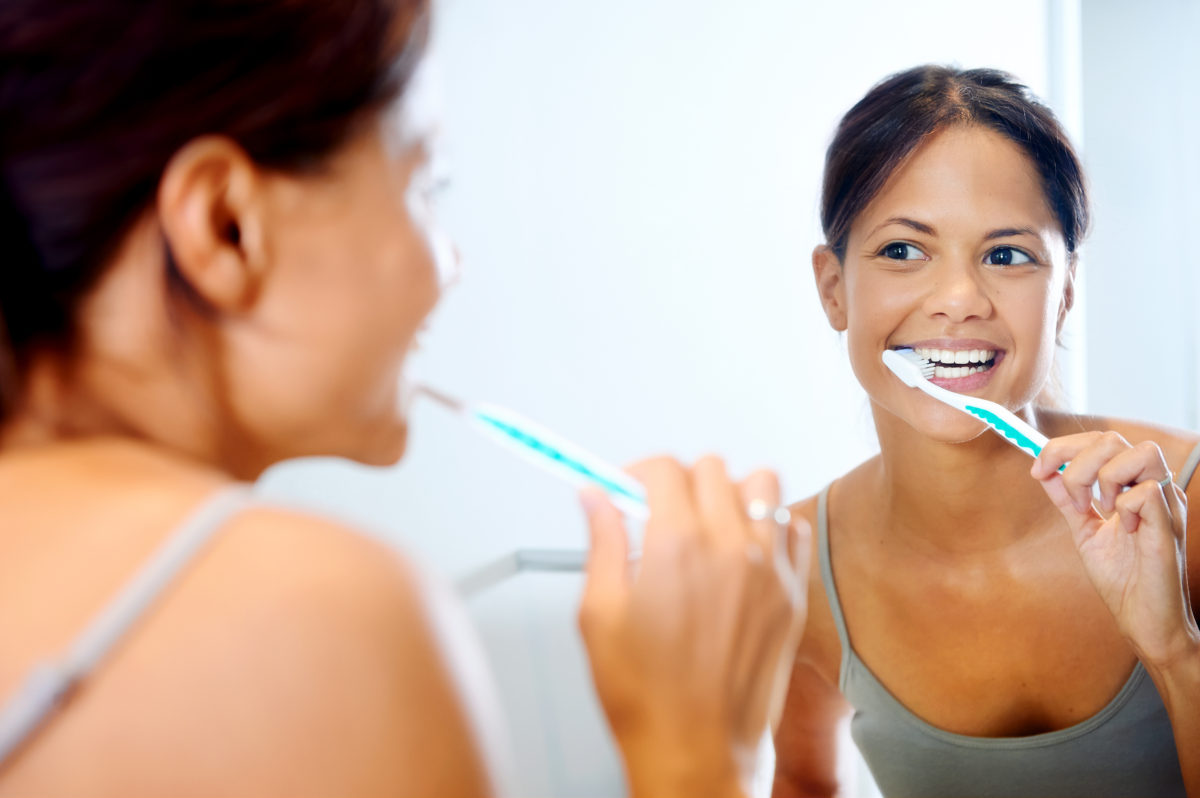It’s officially beach season! But with the hotter temperatures, comes sunburn, a painful and potentially dangerous irritation of the skin that occurs due to too much exposure to sun, and not enough skin protection. We all know how important it is to protect our skin from harsh UV rays, especially for children and those with complexions that burn easily. But certain parts of our bodies seem to get left out when applying sunscreen.
Here are a few areas you’re probably forgetting to apply SPF!
Ears
According to a 2007 study from The Skin Cancer Foundation Journal, the ears are the third most frequent location for basal cell carcinomas. This makes up about 80 percent of the 1.3 million new cases of non-melanoma skin cancer in the U.S. each year, according to the University of California San Francisco School of Medicine.
There is Evidence That Lycopene Helps Protect from Sun Damage
Underarms
You may think this area is safe since it is literally under your arm however, it still can lead to sun-damaged skin! It’s important to apply sunscreen to every area of skin that’s exposed to the sun.
Eyelids
Consumer Reports recommends using a moisturizer or eye cream that contains SPF, since those are absorbed much more easily and are very gentle on the eyes.
Lips
You might not think of this area when it comes to sun protection, but this sensitive area needs plenty of SPF, too. The easiest way to get enough protection from the sun for your lips is with nourishing lip balms that contain SPF. The lower lip in particular needs some sunscreen love, as it is 12 times more likely to develop cancer than the top lip, according to the Skin Cancer Foundation. And men – don’t shy away from lip balm. Studies show that men are up to 13 times more likely to develop lip cancer than women.
Back of Knees
This little crease behind our legs often gets neglected from sunscreen application. But, taking a sunbath on your stomach leaves those knee backs very exposed to harsh UV rays, so make sure to lather up in this area as well.
Superfoods for Skin Protection by Nicole Crane, BS, NTP
We put on sunscreen, we sit in the shade, and we wear a hat and sunglasses but all of these protective measures have limiting factors. Sunscreen is very important but many of them contain harsh active ingredients and other chemicals that disrupt our healthy hormone balance and have major negative effects on our healthy respiratory, endocrine and immune function. There is something you can do to give yourself a lit bit of extra protection that doesn’t require sunscreen, a hat or sunglasses and it stays with you all day, every day, in the water and while you are exercising and sweating. It certainly does not replace any of these other protective measures, but it can give you an edge when it comes to protecting the skin from aging, wrinkling and even sunburn.
- Lycopene is a powerful antioxidant that seems to be one of the best carotenoids for shielding the skin from sun damages, especially in those with a fair complexion.
- White tea comes from the same plant as green and black tea, camellia sinensis, and has a greater amount of antioxidants and catechins compared to green tea. Studies have shown that white tea offers great protection against UV damage and oxidative damage.
- Cocoa has some healing and balancing properties that make it quite beneficial for skin. Cocoa needs to be as close as possible to its natural raw state, as this form in rich in antioxidants, protecting the body from inflammation and shielding the skin from sun damage and accelerated aging.
- Pomegranate is rich in protective antioxidants, collagen-boosting Vitamin C, as well as potassium, iron and Zinc which play a role in healthy skin and the manufacture of new, healthy skin cells and the proteins that hold skin together.
It’s never too early or too late to protect your skin from the sun. Shield your skin with superfoods and sunblock to safeguard skin with a protective layer of vitamins, nutrients and minerals from the inside and outside.
What kind of sunscreen is your favorite? What do you do to prevent bad sunburns? Let us know in the comments!






